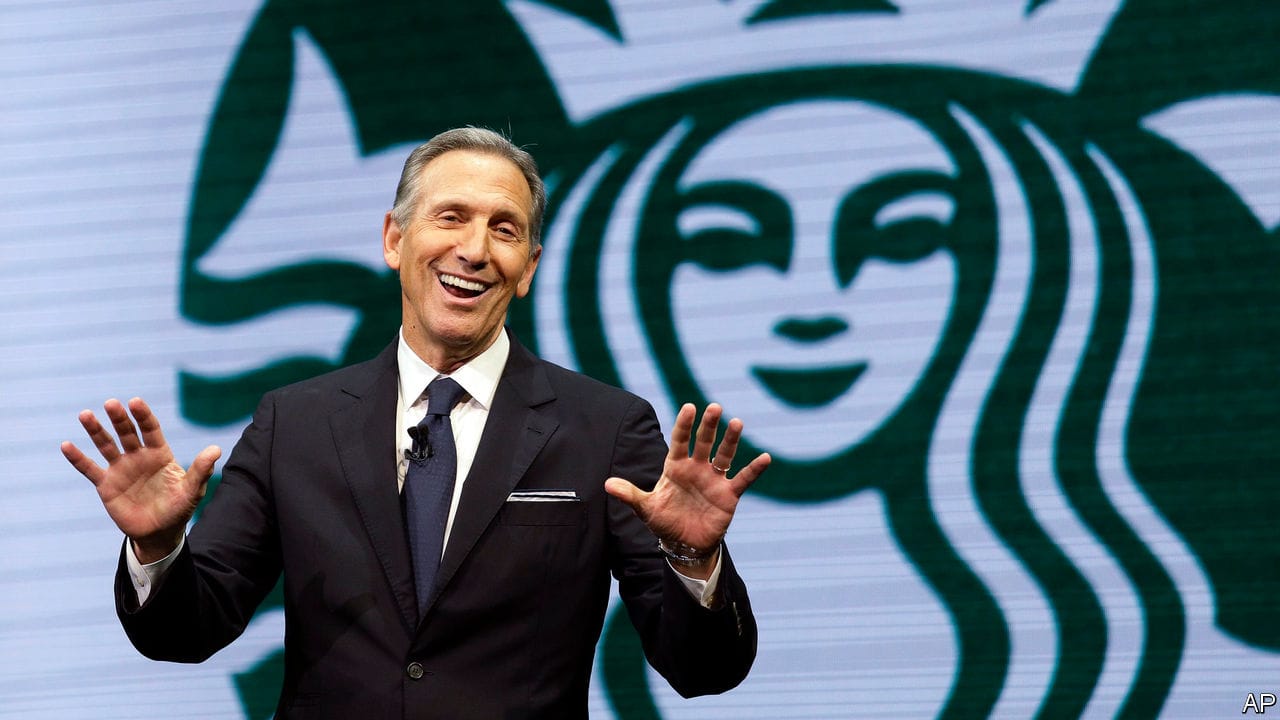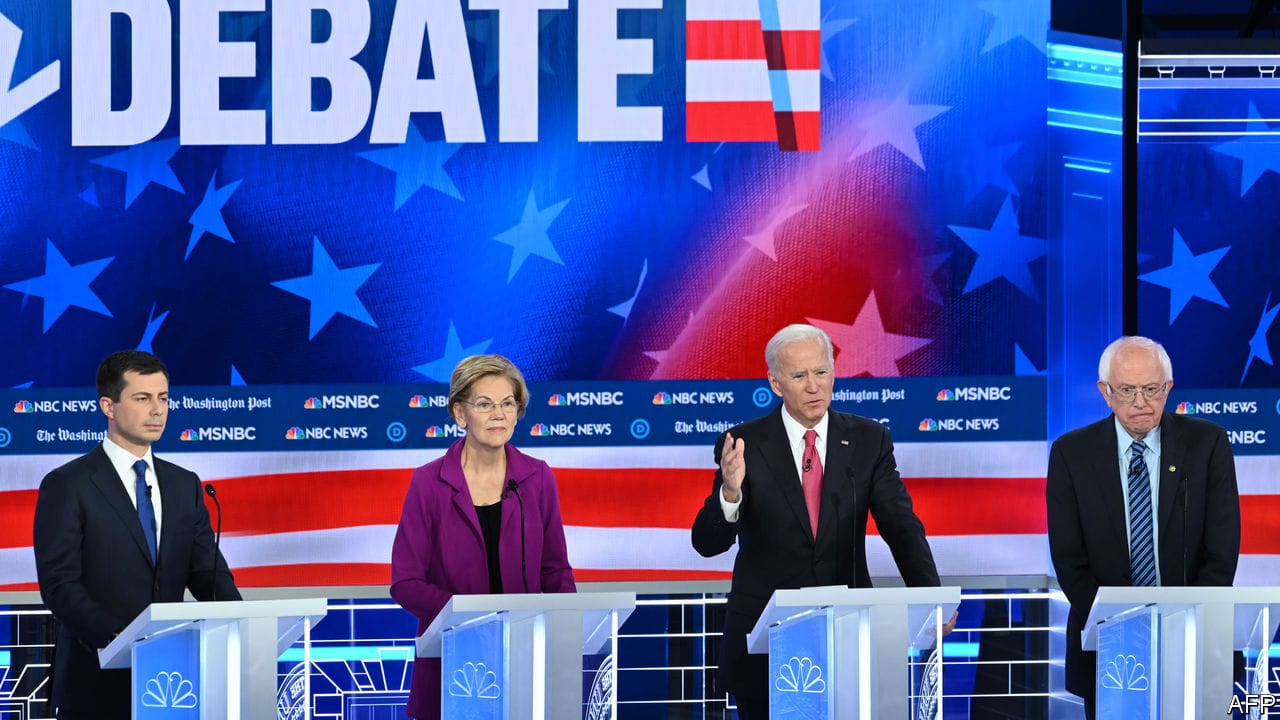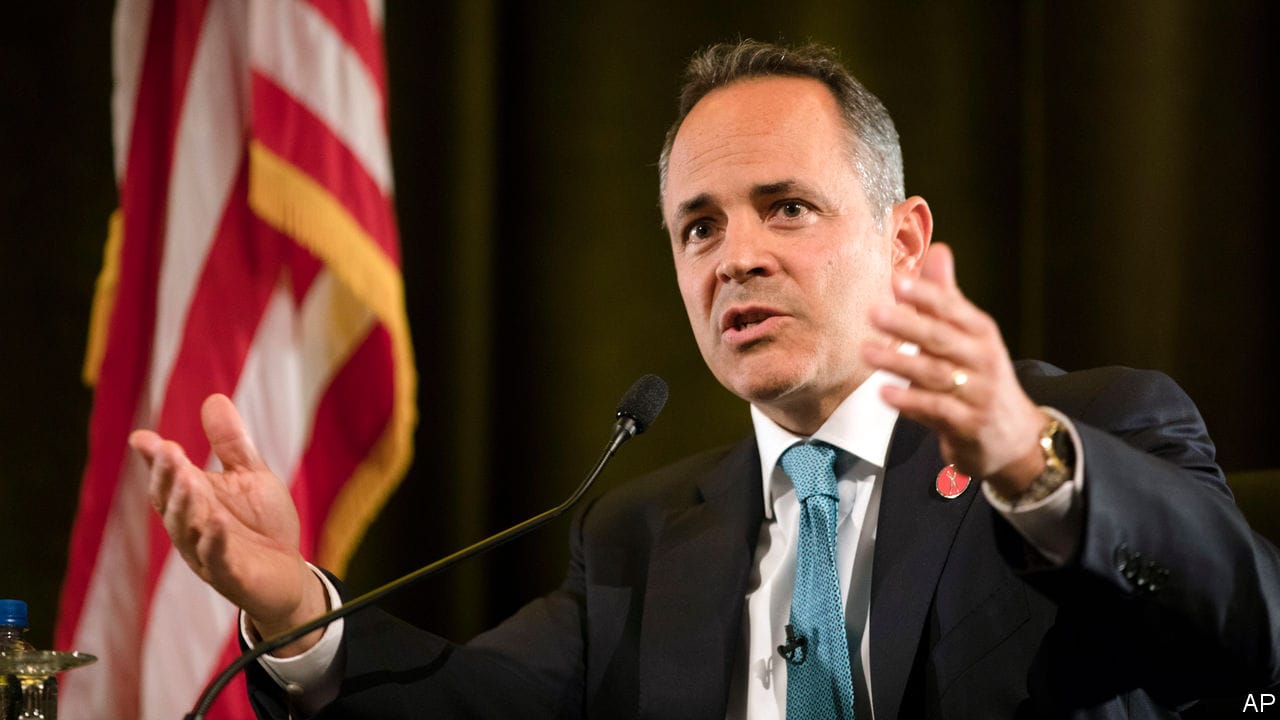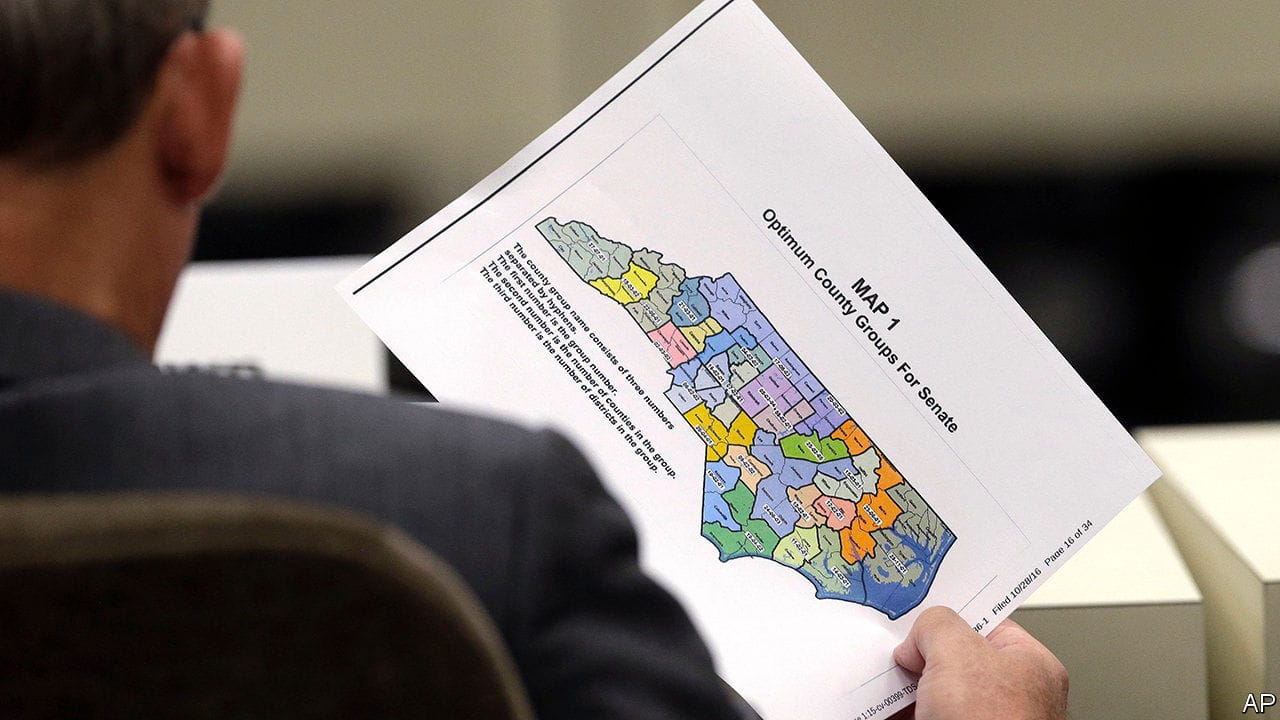Why third-party presidential candidates fail
Howard Schultz’s presidential bid has got off to a bad start

By G.E.M. | WASHINGTON, DC
MULLING A RUN for the presidency has become something of a fad among American billionaires. Michael Bloomberg, Oprah Winfrey and Mark Zuckerberg have all been mentioned as potential challengers to President Donald Trump in 2020. On January 27th, Howard Schultz, former CEO of Starbucks, said he was considering a run—as an independent. The reaction has been overwhelmingly negative. At an event to promote Mr Schultz’s book this week a heckler expressed what many Democrats were thinking when he yelled: “Don’t help elect Trump, you egotistical billionaire!”
Independents have a long history running for America’s highest office. But with little success. In 1968, George Wallace, the Democratic governor of Alabama, became the only third-party candidate since 1948 to win any votes in the Electoral College, gathering 45 votes from five Deep South states. In 1992 Ross Perot won the medal for the best popular vote performance of a recent independent candidate—a middling showing of 19%. In 2000, Ralph Nader, with 3% of the popular vote, was widely blamed for costing Al Gore the presidency. Even when Theodore Roosevelt ran for a third, non-consecutive presidential term in 1912 under the Bull Moose Party banner he only won 88 electoral votes. Nationally, third-party candidates have scarcely had more than third-rate successes.
There are several reasons for their failure. The chief one is that there is simply no electoral base to support them. According to data from the American National Election Studies, since 1952 the share of Americans not identifying with the major parties has floated between 20% and 42%. However, after removing voters that profess a “lean” toward one party or the other, the portion of true Independents is closer to 1%-10%. Aside from being able to supply votes in small contests—and usually in conjunction with one of the major parties—truly Independent voters are few and far between.
More from Democracy in America

The fifth Democratic primary debate showed that a cull is overdue
Thinning out the field of Democrats could focus minds on the way to Iowa’s caucuses

The election for Kentucky’s governor will be a referendum on Donald Trump
Matt Bevin, the unpopular incumbent, hopes to survive a formidable challenge by aligning himself with the president

A state court blocks North Carolina’s Republican-friendly map
The gerrymandering fix could help Democrats keep the House in 2020